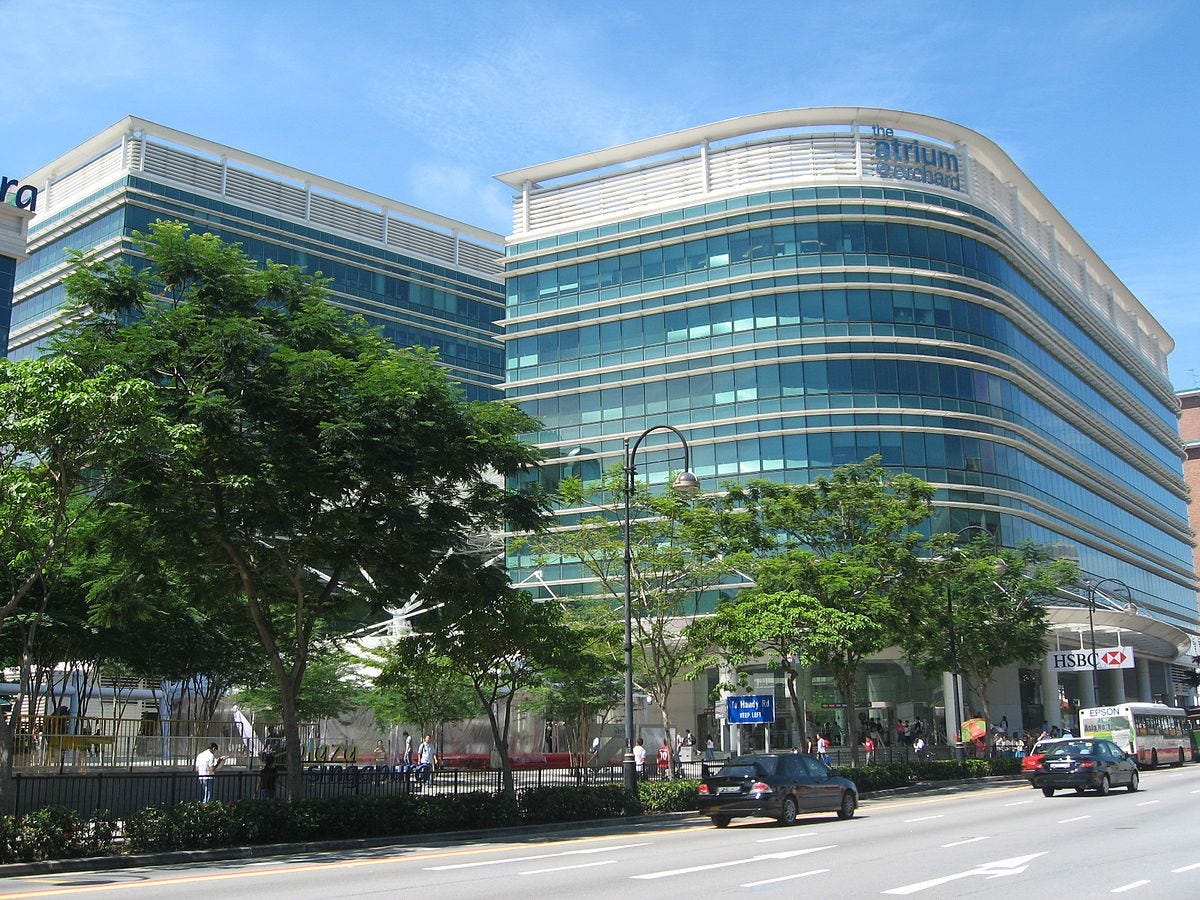Temasek, Sequoia Capital missed huge risks in FTX
Due diligence on crypto businesses must be tougher in future
By: Toh Han Shih
The implosion of FTX and the November 18 firing of Caroline Ellison as chief executive officer of the crypto trading firm Alameda Research, co-founded by Samuel Bankman-Fried, the former FTX CEO, has inflicted losses on Singapore’s premier sovereign wealth fund Temasek, despite what Temasek calls “extensive due diligence.”
There seem to h…
Keep reading with a 7-day free trial
Subscribe to Asia Sentinel to keep reading this post and get 7 days of free access to the full post archives.

